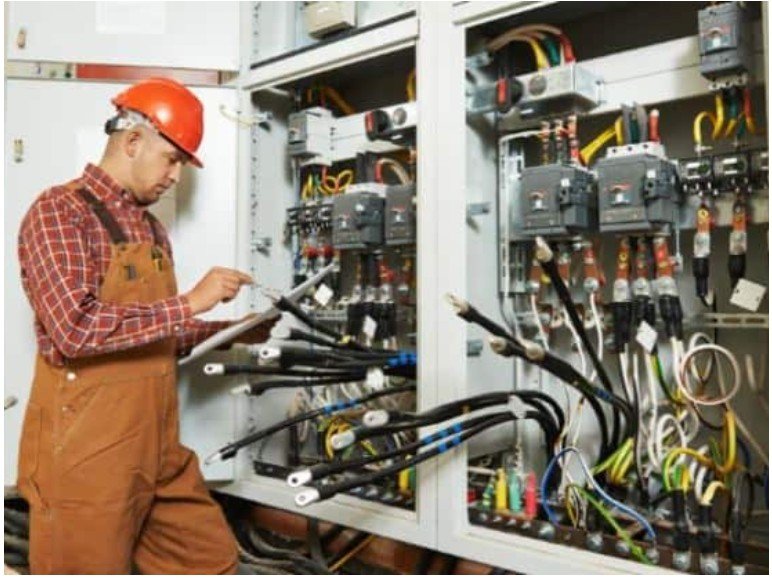
Hot Water System Fault Finding: Ensuring Reliable Hot Water Supply
Few things are more frustrating than turning on the shower and finding only cold water. That’s when Hot Water System Fault Finding becomes essential. By diagnosing issues early, you can restore reliable hot water, improve system efficiency, and avoid costly emergency repairs.
Why Hot Water System Fault Finding Matters
Your hot water system works daily, often without you noticing—until something goes wrong. Regular Hot Water System Fault Finding ensures problems are caught before they escalate, giving you consistent hot water while saving energy and money.
Common Warning Signs That Require Hot Water System Fault Finding
Strange noises, water taking too long to heat, or sudden temperature drops are all red flags. Hot Water System Fault Finding helps identify whether the issue lies with heating elements, thermostats, or sediment buildup inside the tank. Addressing these signs early prevents further damage.
Power and Thermostat Checks During Hot Water System Fault Finding
If your system isn’t heating at all, power supply issues could be the cause. During Hot Water System Fault Finding, experts inspect circuit breakers, wiring, and thermostats to confirm everything is operating correctly. Even small electrical faults can stop your system from functioning.
Heating Elements and Pilot Light Inspections
Both electric and gas systems depend on key components for performance. A thorough Hot Water System Fault Finding includes checking heating elements in electric systems and inspecting pilot lights or burners in gas units. Replacing or repairing these parts quickly restores consistent hot water.
The Role of Sediment in Hot Water System Fault Finding
Over time, minerals build up in the bottom of your tank, causing noisy operation and reduced efficiency. Flushing the tank is a critical step in Hot Water System Fault Finding, preventing corrosion and extending the system’s lifespan. Ignoring sediment can lead to costly replacements.
Checking Valves, Pipes, and Pressure
Low water pressure or leaks can also disrupt performance. During Hot Water System Fault Finding, plumbers inspect pipes, connections, and pressure relief valves to ensure everything is functioning safely. A faulty valve can compromise both efficiency and safety.
Energy Efficiency and Hot Water System Fault Finding
Spiking power bills often signal a struggling system. Professional Hot Water System Fault Finding identifies energy-draining issues like faulty insulation, worn-out components, or aging units. Once detected, you can decide whether a repair or full system upgrade will save more in the long run.
DIY vs Professional Hot Water System Fault Finding
Some checks, such as ensuring the thermostat is set correctly, can be done by homeowners. But many tasks, including electrical work or gas inspections, require expertise. Choosing professional Hot Water System Fault Finding guarantees safe, accurate results that DIY methods can’t always deliver.
When It’s Time for a Replacement
If your unit is over 10 years old and frequently failing, Hot Water System Fault Finding may show that a replacement is the smarter choice. Modern systems are more efficient, safer, and provide long-term cost savings compared to repeated repairs.
Preventive Maintenance and Long-Term Reliability
The best way to avoid sudden breakdowns is with scheduled maintenance. Routine Hot Water System Fault Finding ensures your system operates at peak performance, delivers consistent hot water, and reduces the chance of unexpected failures. Preventive care gives you peace of mind year-round.
Conclusion
Reliable hot water is a daily necessity, and keeping your system in top shape requires timely attention. With regular Hot Water System Fault Finding, you can identify problems early, improve efficiency, and extend the life of your system. Whether you’re facing minor issues or considering a system upgrade, professional help ensures your hot water supply remains safe, efficient, and dependable.

